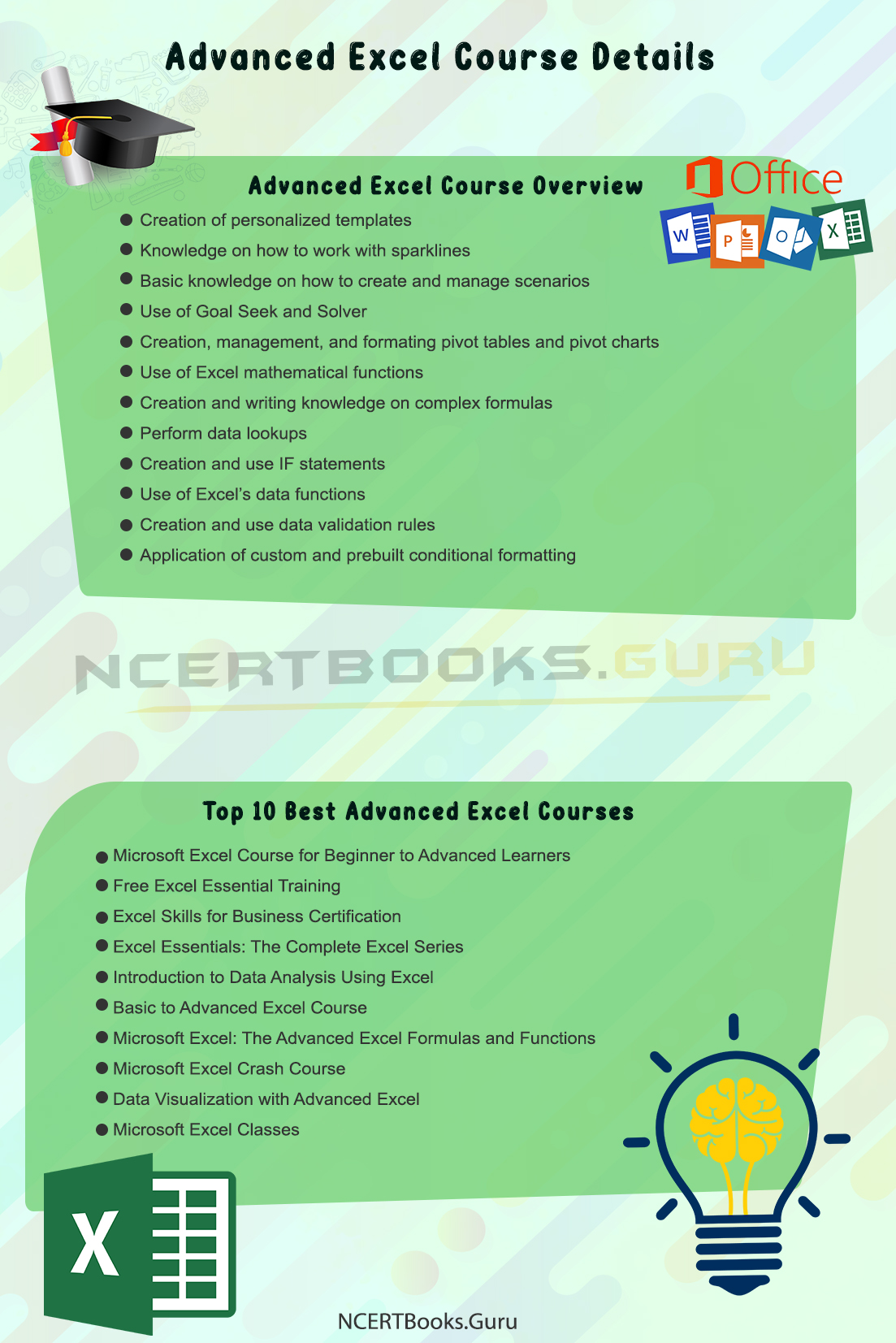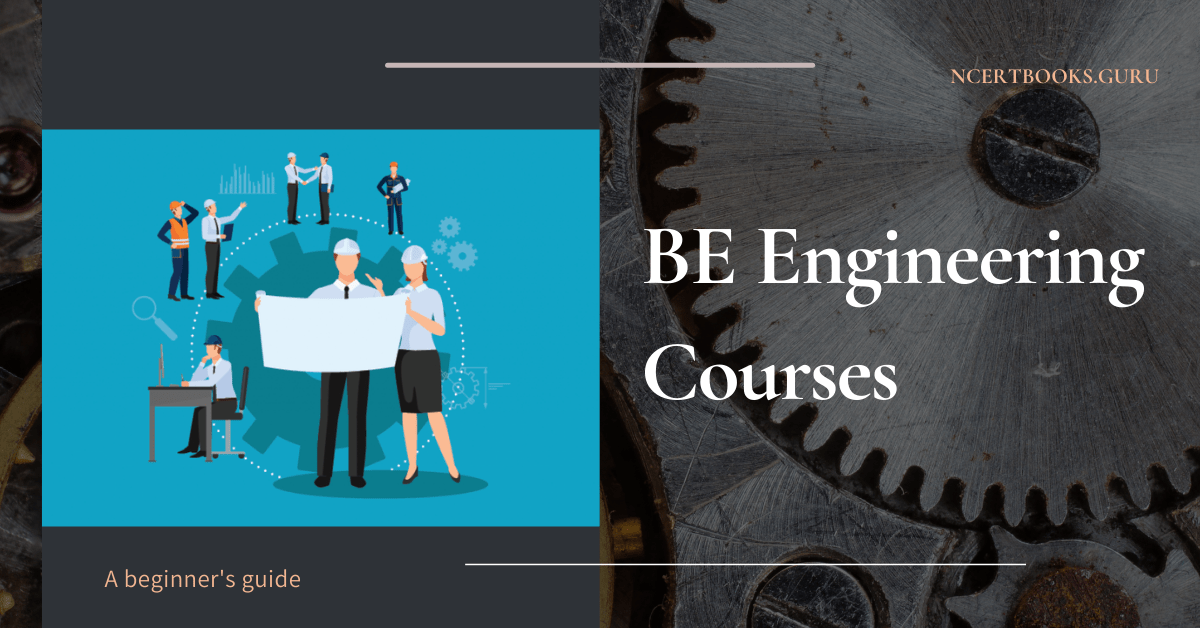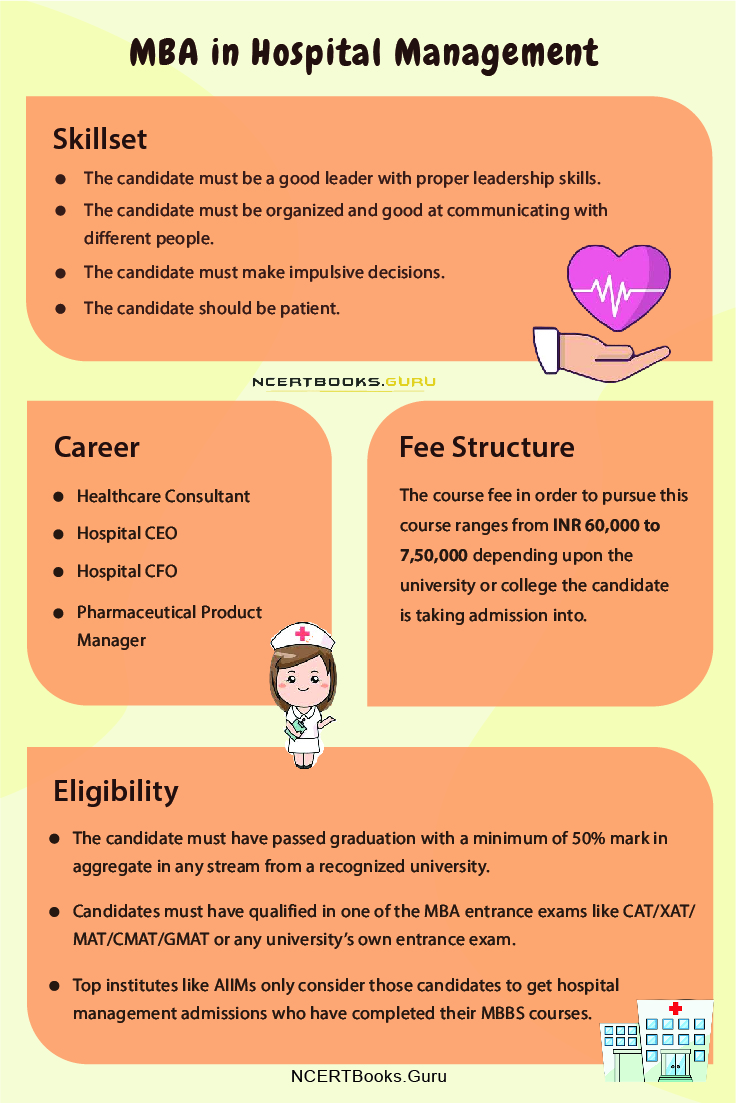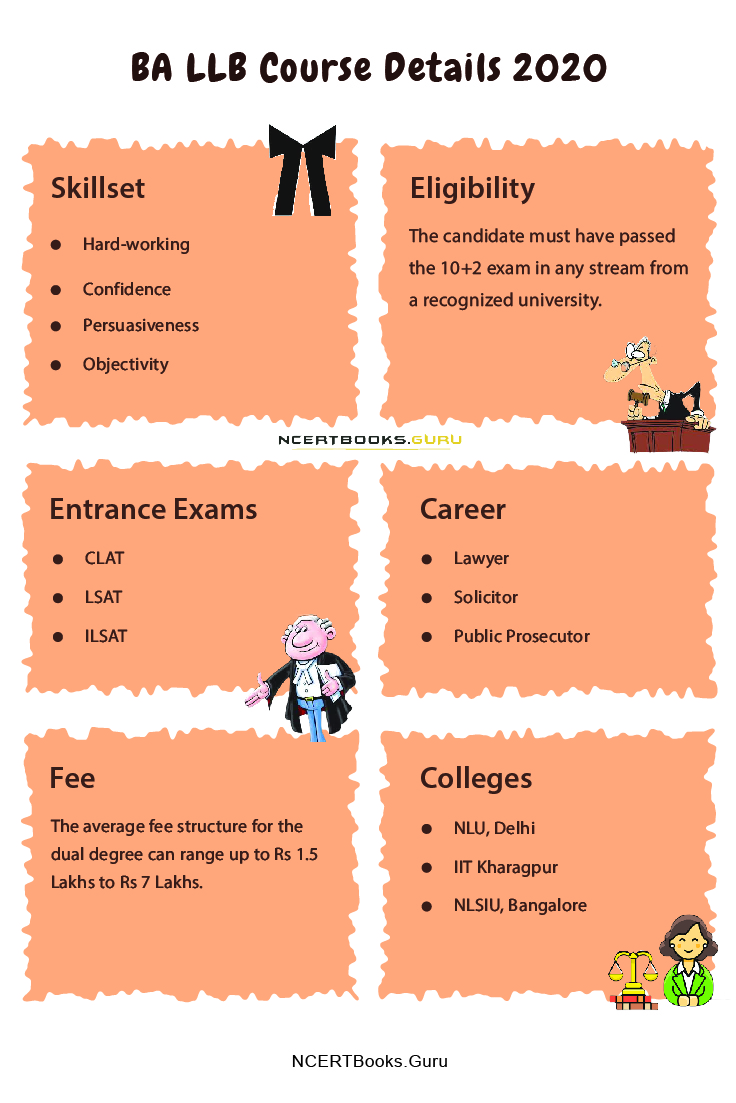Diploma in Information Technology Course Details: Information technology is the study or the use of electronic equipment, especially computers for storage, collection, and sending out information. Information technology is basically building a communication network for a company and safeguarding the data and information.
It deals with the creation and administration of databases troubleshooting of problems, and various other tasks to ensure the efficiency and security of the business information. The job of an IT professional is to build, test, install, repair, and maintain the hardware and the software within the organization.
Keep reading the article to know more about a Diploma in Information technology engineering course details. The article has information regarding the eligibility criteria for the course, admission process, entrance exams, top colleges, fee structure, job options, salary after diploma in information technology, top recruiters in 2022.
- About Diploma in Information Technology Course Details
- Information Technology Diploma Course Eligibility Criteria
- Diploma in Information Technology Admission 2022
- Entrance Exams for IT Diploma Course
- Diploma in Information Technology Syllabus PDF
- Top-Best Diploma in Information Technology Colleges
- Diploma in IT Engineering Fee Structure
- Job Options After Information Technology Engineering Diploma Course
- Diploma in Information Technology Salary in India
- Top Recruiters for Diplome IT Certified Engineers
- FAQ’s on Diploma Information Technology Course Details
About Diploma in Information Technology Course Details
A diploma in information technology is a 3-year-long diploma course. Admission to this course is done on the basis of merit and entrance examinations both. Some institutions might also conduct interviews before admission. Candidates that are interested in solving problems and assisting businesses with technical requirements can go for this course.
Information technology is generally used for all computer-related works and specifically it is about sending receiving and storing data in the form of records that are needed for all kinds of organizations. A diploma in information technology will prepare the student to be good at database handling software development recordkeeping and different kinds of computer applications which will increase their chance of getting good jobs.
This diploma course will teach the students all the skills that are required to be a very competent IT professional. The diploma courses are also much cheaper and they will help you gain skills in a less period of time.
There are many reasons as to why one should go for a diploma information technology course. If a student is particularly interested in computers and their applications, they must definitely choose this course. This course will enhance your resume and then you can then enter the field of computer science with a good basic skill set.
Information Technology Diploma Course Eligibility Criteria
For taking admission to any course, there is a minimum set of eligibility criteria that every candidate will have to pass. Following are the eligibility criteria for taking admission to diploma course in information technology:
- The student must have passed their class 10th with a good percentage and from a recognized Board of Education.
- A diploma in information technology can also be pursued by the student after passing their class 12th and this course does not have minimum age criteria.
- The admission process and eligibility criteria may differ according to each college. Hence, the students are advised to check the official page of the college that they want to get admitted to in order to know about the course admission details.
- There is no single entrance examination that is done for admission to the scores. Each college conducts its own particular tests for the admission process.
Must Refer: Diploma in Computer Science Course Duration
Diploma in Information Technology Admission 2022
For all those candidates who have passed the eligibility criteria, the admission process is open. There are basically two ways in which a student can get admitted to a diploma in information technology course first is the merit-based admission and the other is entrance-examination-based admission. let’s look at the admission process for a diploma course in information technology:
Merit-based admission:
- In the case of merit-based admission, the students must fill out the Diploma in Information Technology application forms provided on the official site of the college they want to get admitted to.
- The students can also go for an offline admission process by visiting the college and filling out the application form.
- The students are advised to constantly check the official website of the College in order to get updates on the admission process.
- Candidates must follow all the guidelines and rules of the admission process of the particular college.
- The students must have all the documents that are needed at the time of admission along with their application form.
Entrance exam based:
- For the entrance exam-based admissions, the students can check the website of the college to know if they have to apply for an entrance exam.
- The students must apply for the entrance exam of the college that they want to get admitted to.
- The students must have all their documents intact and present them at the time of admission.
Entrance Exams for IT Diploma Course
Following is the list of all entrance exams for taking admission in a diploma course in information technology:
- JCECE
- UBTER JEEP
- TS POLYCET
- AP POLYCET
- Delhi CET
- HP PAT
- APJEE
- JKBOPEE
Diploma in Information Technology Syllabus PDF
A diploma in information technology is a one-year long course and there are various subjects that are divided into 2 semesters throughout the course duration. Following is a list of Information Technology Diploma subjects that are included in the syllabus of a diploma in information technology course:
- English and communication skills
- Relational database management system
- Applied mathematics 1
- Digital electronics
- Multimedia and application
- Engineering drawing 1
- Applied physics 1
- Workshop practical 1
- Computer programming using C
- Computer workshop
- Applied chemistry 1
- System analysis and design
- Basic of information technology and environmental
- Awareness camp
Top-Best Diploma in Information Technology Colleges
There are various institutes all across the country that provide premium quality education in the department of information technology. Following are the best colleges for a diploma in information technology course:
- SSM College of Engineering and Technology
- Patel College of Science and Technology
- Bhagat Phool Singh Mahila Vishwa Vidyalaya
- ITM University
- Agra College of Management and Technology
- Janardan Rai Nagar Rajasthan Vidyapeeth University
- Dr. K.N. Modi University
- OPGS University
- NIMS University
Diploma in IT Engineering Fee Structure
IT Diploma Course Fees is somewhere between INR 5,000 to INR 1,00,000. The fee completely depends upon the college that the student gets admitted to. However, the most common admission fee is somewhere between INR 10,000 to INR 50,000.
Job Options After Information Technology Engineering Diploma Course
There are a lot of job positions on which candidates can work after completing their diploma degree in information technology. After entering the software industry, multiple career paths are open for individuals. Following are some of the most popular job positions for diploma holders in the information technology sector:
- IT Programmer
- Graphic designer
- Software Developer
- technical engineer
- Assistant
- IT Manager
- Technical consultant
- PSU jobs
What are the best jobs for Diploma in IT Candidates?
Popular job designations for candidates with information technology degrees are data analysts, software and hardware engineer, programmer, database administrator, support specialists, and many more.
Diploma in Information Technology Salary in India
The average salary of a candidate with a diploma degree in information technology is somewhere between INR 2,00,000 to INR 6,00,000 per annum. The salary of an individual keeps on increasing as their experience in the industry keeps on increasing. The salary also depends upon the post on which the individual is hired.
Top Recruiters for Diplome IT Certified Engineers
Following are the top recruiting companies for students who have a diploma degree in information technology:
- Wipro
- Ericsson India private limited
- Tata Motors
- Bajaj Auto and Electricals
- TCS
- IBM
- Tata Power, and many more
FAQ’s on Diploma Information Technology Course Details
1. What course can I do after completing a diploma and information technology?
After completing a diploma and information technology, you can go for:
- B.Tech: A bachelor’s degree in information technology. A B.Tech in information technology is a 4 course that a student who has completed a diploma in information technology can complete in three years.
- P.G. Diploma or MBA: You can also go for a postgraduate diploma or an MBA program this is a two-year-long course and the eligibility criteria are having a diploma degree in related disciplines.
- Ph.D.: If a candidate wishes to go into the teaching profession, they can choose to pursue a Ph.D. after post-graduation. This is a three or five-year duration course & eligibility criteria include having a diploma degree in its related disciplines.
2. What are the skills required to pursue a diploma in information technology?
Following are the skills that are required for a candidate who wants to pursue a diploma in information technology after 10th:
- The candidate must be technology-friendly.
- Applicants need to be flexible with adopting new technologies and their way of working.
- Aspirants must be able to focus and provide solutions with accuracy.
- The communication skills of the candidate should strong.
- Students must have the patience to work in stressful environments and with a team.
3. Is there any age limit for a diploma information technology course?
No there is no age limit to pursue a diploma course. The eligibility criteria for pursuing a diploma course are that the candidate must have passed their class 10th from a recognized Board of Education.
4. Are IT jobs in demand today?
IT is a very major part of the technology industry and today’s world. Today’s world is considered to be a startup era and hence the demand for IT professionals is increasing day by day.
Conclusion
We hope that this article was able to provide you with all the information regarding diploma in information technology course details. The above article has covered all the details of IT Diploma course duration, eligibility criteria, the admission process of the course, fee structure, top colleges, syllabus, entrance examinations, salary after diploma degree in information technology, job profiles for the candidates, top recruiting companies.
Having all the information regarding the IT Course in Diploma will help you make an informed decision for yourself. Stay tuned to our site NcertBooks.Guru to know the latest Engineering Diploma Courses and other course details.











